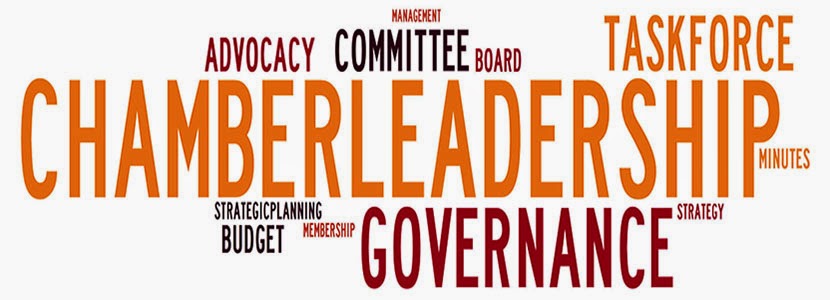The following post is based on William Canary’s new book titled, LEAD-ER-SHIP: No Regrets. No Retreats. For a copy of the book go HERE.
Leadership is leading by example. Trust those you lead as partners, not employees. Put people in a position to succeed with the resource they need to succeed.
Leadership is not about titles. Leadership is about being authentic. Be a teacher, educate and motivate your team members. Create an atmosphere where people can make a difference.
Leadership is about communication. It’s also about being a great listener. And when communicating - be clear, be concise and use words your team can embrace.
Leadership is about optimism. I personally like to quote a leader in the restaurant business I had the privilege to meet, IHOP Founder Al Lapin, who used to tell me, “Raymond, in business, there are no challenges, only opportunities.”
Leadership is about welcoming dissent based on well informed principles. Not everyone will align with your goals all the time. Leaders know how to respond.
Leadership is about failing forward. Good leaders know their risk tolerance when deciding on a pathway forward. William quoted Winston Churchill in this chapter, “Success is the ability to go from failure to failure without losing your enthusiasm.”
Leadership is about thinking outside the box, or as the author states in Chapter 7, “Thinking Ahead of the Box.”
Leadership is about challenging the status quo.
For blogs I follow on leadership, go to the right navigation bar down the page titled LEADERSHIP BLOGS.


